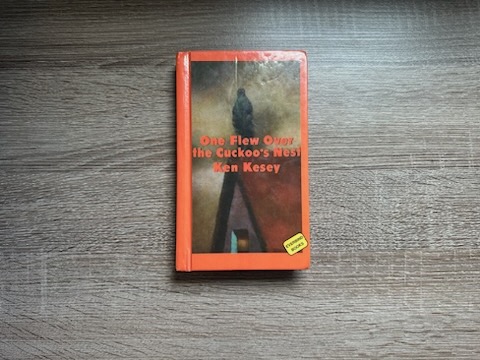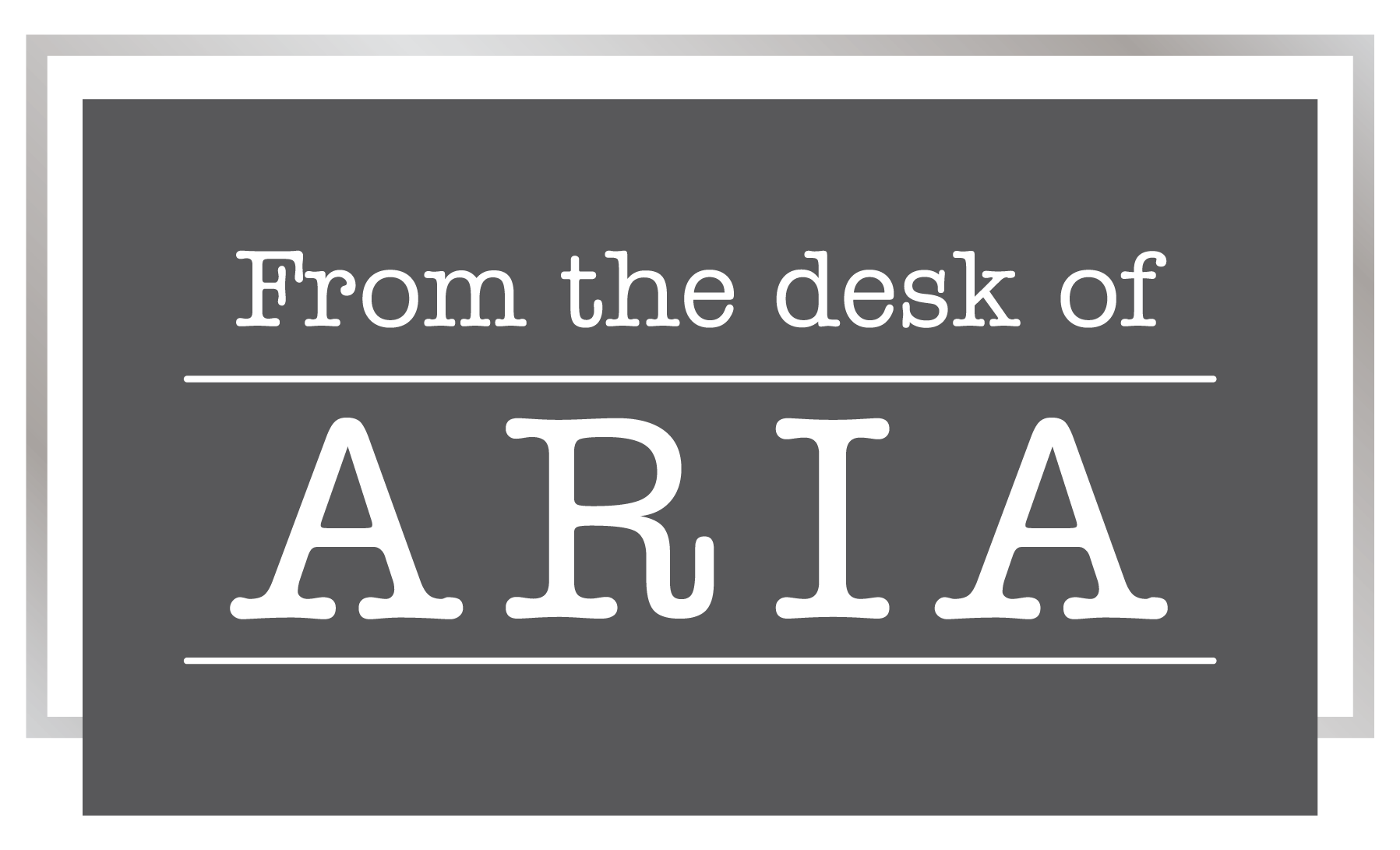
How One Flew Over the Cuckoo’s Nest Highlights the Importance of Sexual Expression

How One Flew Over the Cuckoo’s Nest Highlights the Importance of Sexual Expression
I just read One Flew Over the Cuckoo’s Nest by Ken Kesey, and for so many reasons I can’t stop thinking about it. One Flew Over the Cuckoo’s Nest is a classic novel about a male mental ward, and the effects that the ward and its authoritarian leader, Nurse Ratched, have on the men’s mental state and self-esteem. While the book analyzes the shortcomings of the previous mental health system, it becomes evident that certain systems of oppression contributed to the worsening of patients’ conditions. One such form of oppression was the stifling of patients’ sexuality.
The damaging effects of stifling another’s sexuality become evident in the contrast between patients Randle McMurphy, Billy Bibbit, and Dale Harding. Each of these characters represents a different aspect of sexuality.
Randle McMurphy comes onto the ward as a confident, charismatic, and sexually liberated character. He embraces his sexuality and encourages the others on the ward to do the same. He notices that all of the men are emasculated by Nurse Ratched and have no sexual outlet, and sees how demeaning this is to their confidence and mental health. However, his behavior is seen as a threat to the oppressive system in the mental institution where he is confined, which seeks to control and suppress the patients’ sexuality. Nurse Ratched seeks to desexualize McMurphy as well, and we see that the more she does so, the more his mental state declines.
On the other hand, Billy Bibbit is a shy, meek character who is deeply repressed sexually. Nurse Ratched is close friends with his mother, and both of them infantilize Bibbit, being unable to see him as a sexual being. At the end of the novel, McMurphy sets Bibbit up with a woman, who Bibbit sleeps with. In the novel, Bibbit’s confidence comes out, feeling proud and liberated. But, Nurse Ratched finds Bibbit with the woman and threatens to tell his mom. Infantilizing him once again for engaging in sex (which is normal for all adults), Bibbit becomes laced with shame and takes his own life. We see that by repressing his sexuality, Bibbit …
Finally, the consequences of repressed sexuality are very apparent in Dale Harding, who represents a middle ground between McMurphy and Bibbit. Harding is an intelligent and outspoken character who is married to a woman but is gay. He felt pressured to conceal his homosexuality due to societal prejudices, which ultimately led him to check himself into a mental institution. During a conversation with McMurphy, Harding revealed that he believes guilt, shame, fear, and self-deprecation caused his mental illness. Harding further explains, “I indulged in certain practices that our society regards as shameful. And I got sick. It wasn’t the practices, I don’t think, it was the feeling that the great, deadly, pointing forefinger of society was pointing at me—and the great voice of millions chanting, ‘Shame. Shame. Shame.’ It’s society’s way of dealing with someone different” (Kesey, p. 568). Through Harding, Kesey conveys how society damages individual expressions of sexuality, which leads to the demise of self-esteem and mental health.
Overall, the novel highlights the damaging effects of stifling one’s sexuality, whether it be through societal pressures or institutional control. The characters of McMurphy, Bibbit, and Harding all demonstrate different ways in which this suppression can manifest and the consequences it can have. These representations of sexuality are seen in today’s world, and the lessons they convey are very applicable. Similarities can be observed between the oppressive environment portrayed in Nurse Ratched’s ward in One Flew Over the Cuckoo’s Nest and America’s limited and non-inclusive sexual education that suppresses individual sexuality. Most American schools do not incorporate the LGBTQ+ community in their sexual education, and some also promote abstinence-only sex education. As a result, this can lead to feelings of inadequacy and low self-esteem among individuals who do not fit the societal norm. “One Flew Over the Cuckoo’s Nest” is a significant representation of how these discriminatory societal attitudes, which are furthered through narrow sexual education, can have negative effects on individuals.
